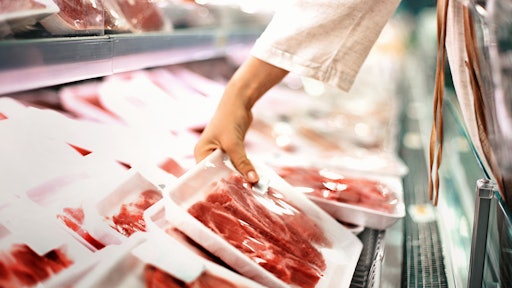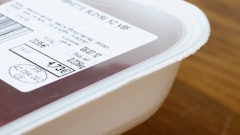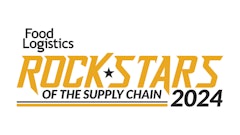
In the aftermath of the recent Nestle E. coli outbreak, the false labeling controversy of foreign pork as British, the UK honey debacle and a plethora of other cases, the prevalence of food fraud is at an all-time high.
That’s why UNISOT built a blockchain-powered Digital Product Passport (DPP), which provides information such as raw materials, components, manufacturing locations, cold chain integrity, accreditation, certifications, carbon footprint and waste recycling to both manufacturers and end users.
“We felt the time was right to offer a blockchain solution to the food industry to help them verify products entering the consumer market. Food suppliers need to demonstrate transparency across the global supply chain via a standardized system to track and authenticate products. Manufacturers and consumers have been demanding this for years, with the DPP facilitating the ability to simply scan a label and view data via the application,” says Stephan Nilsson, co-founder of UNISOT.
From PR Newswire:
- Accessed by scanning a QR code, the DPP helps consumers make better-informed purchase decision, and offers the opportunity for suppliers to demonstrate greater accountability.
- The decentralized nature of blockchain technology can enable the global interoperability that supply chain traceability requires to create widespread and much-needed change across the industry.
- UNISOT’s solution is powered by nChain blockchain technology, which enables UNISOT to roll out the application globally.
- The UNISOT platform enables manufacturers to fulfill legal and ethical requirements such as compliance with EC Corporate Sustainability Due Diligence (CSDD) rules.




























